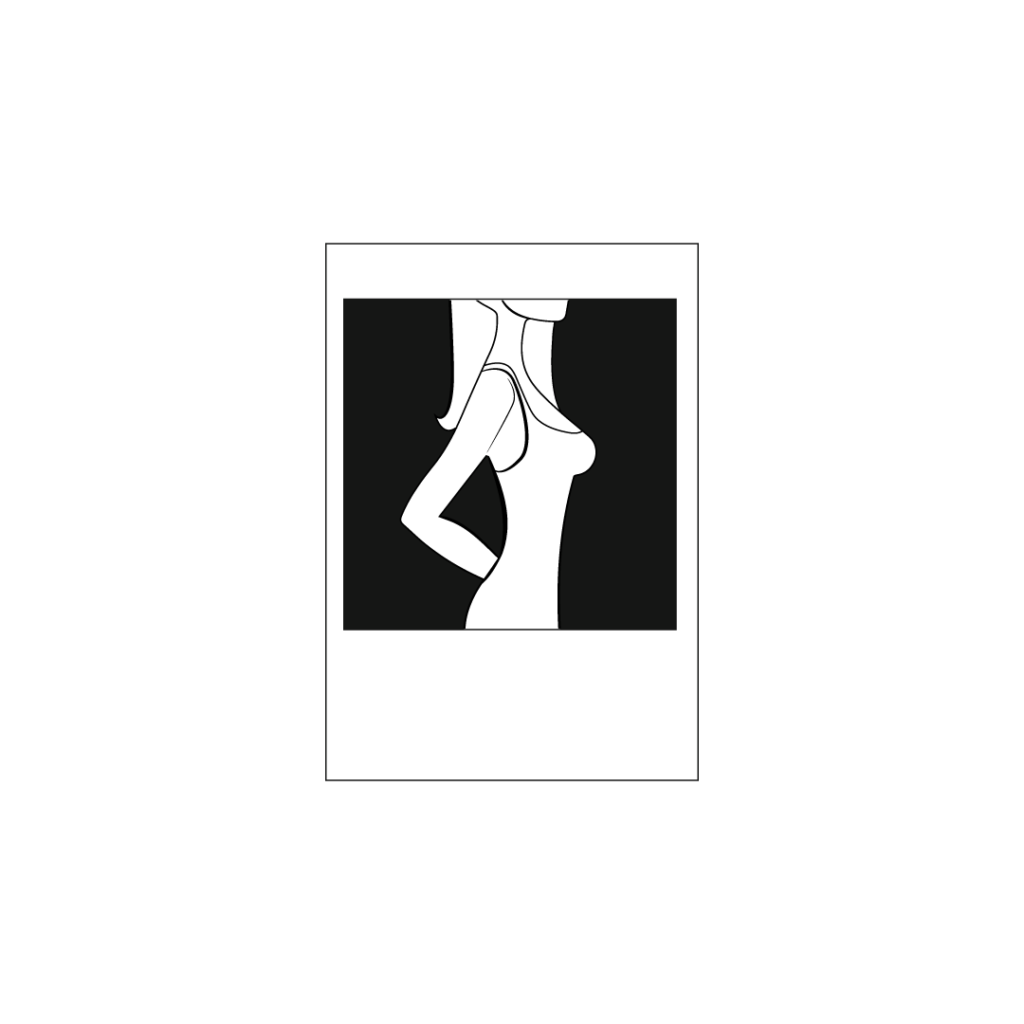WOMEN’S OBJECTIFICATION IN PORTALS
We live in an era where media’s impact is unavoidable. However, unfortunately the message they deliver isn’t always well-intended. Women, despite their achievements, still aren’t appreciated for themselves and aren’t presented as successful, because as it seems, this role in Kosovo’s media, is reserved mainly for men.
Illustration: Argjira Kukaj

Different portals often have a tendency to see women as sex objects with their portrayals of women. The publishing of portal articles on how an ideal woman should look where there’s a special emphasis on body shape by illustrating how an attractive woman looks like is a form of objectification. And women’s objectification in media, just confirms and maintains the mentalities that are often the reasons contributing to harassment and rape. So, this kind of media goes beyond the virtual and becomes a way of living.
According to Besnik Leka, a gender issues connoisseur, this results in violence, in oppression and continuation of gender inequality.
“From this it’s understood that this sexual objectification and this “freedom” for women’s integrity in media to be violated, and also the “freedom” for them to be treated only as bodies, or as objects that can be commented upon however, there’s an extraordinary impact for society to also feel this way toward women, and normally also in the perception of women for themselves”, he said.
He mentioned the tendency for news to be offered that are perceived essentially as scandalous, and also another reason is the need for views.
“The tendency to offer news that are in essence perceived as “scandalous” seems to have taken the place of genuine journalism. This tendency is undoubtedly fed from recent profit trends through views and distribution through social networks. So, in cases of sexist portals, the aim of making news is not informing citizens, but generating views that bring profit. When money is transformed into an aim, then editorial politics are oriented only toward generating income”, said Leka.
Articles that in their content present “beauty criteria”, certainly have an impact on women’s self-esteem for their body image.
For Kaltrina Kelmendi, who is a lecturer in the Department of Psychology on the University of Pristina, the objectification through figures and images that are promoted in media can result in many negative consequences for women/girls.
“The exposal of a skinny body in mass media, can be closely related with the dissatisfaction towards their bodies, because of the discrepancy that is created between the ideal and the real self. People start to see themselves as very far off from their desired size and start to use unhealthy methods to achieve the ideal figure or this can result in loss of self-esteem and desperation. When we talk about unhealthy methods, we’re talking about diets and dietary products that are the ones that contribute to mental health issues and eating disorders” she said.
A study made in Kosovo in the year 2014 (Kelmendi and Maloku, in-press) related to the use of media, attitudes towards media and its impact on mental and psychological health with a sample of 516 students not chosen randomly shows that “the bigger the use of media, the bigger the internalization of values that are promoted in media and the bigger the pressure to have such images”.
According to Leka on the other side the active boycotting of these news/medias is the immediate step. He says that it’s a logical reaction toward sexism in media- even though work with journalists remains a more long-term solution. “Normally, the second one asks for much more time, resources and cooperation, but from experience I’m certain it’s effective” said Leka. Prevention of potential disorders can also be made through media.
According to Kelmendi, media can develop educational programs and activities that promote information and healthy ways of eating and psychological health. In this way media can also have an impact on treatment but also prevention. Promotion of healthy eating ways and physical activity can help in developing more functional attitudes and convictions in relation to food and their body.
“Media should be promoting human diversity in all of its ways, in music, television and other activities. Media should be promoting healthy models”, she said.
About the author: Leonora Rexhahmetaj is a 22 years old girl from Deçan who attends studies in psychology.
This activity is supported by Engagement for Equity Program – E4E, financed by United States Agency for International Development – USAID, and implemented by Advocacy Training and
Resource Center –ATRC.


